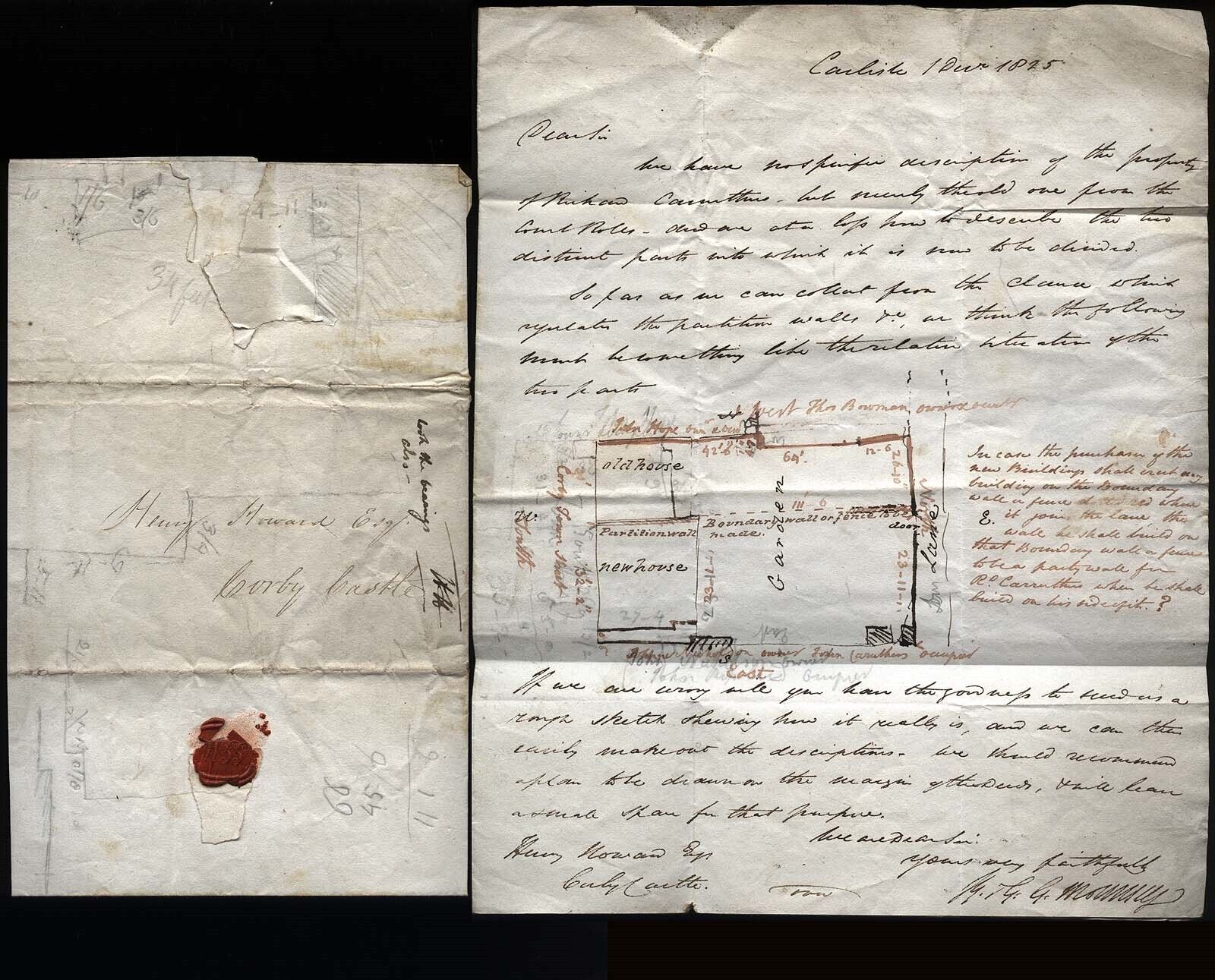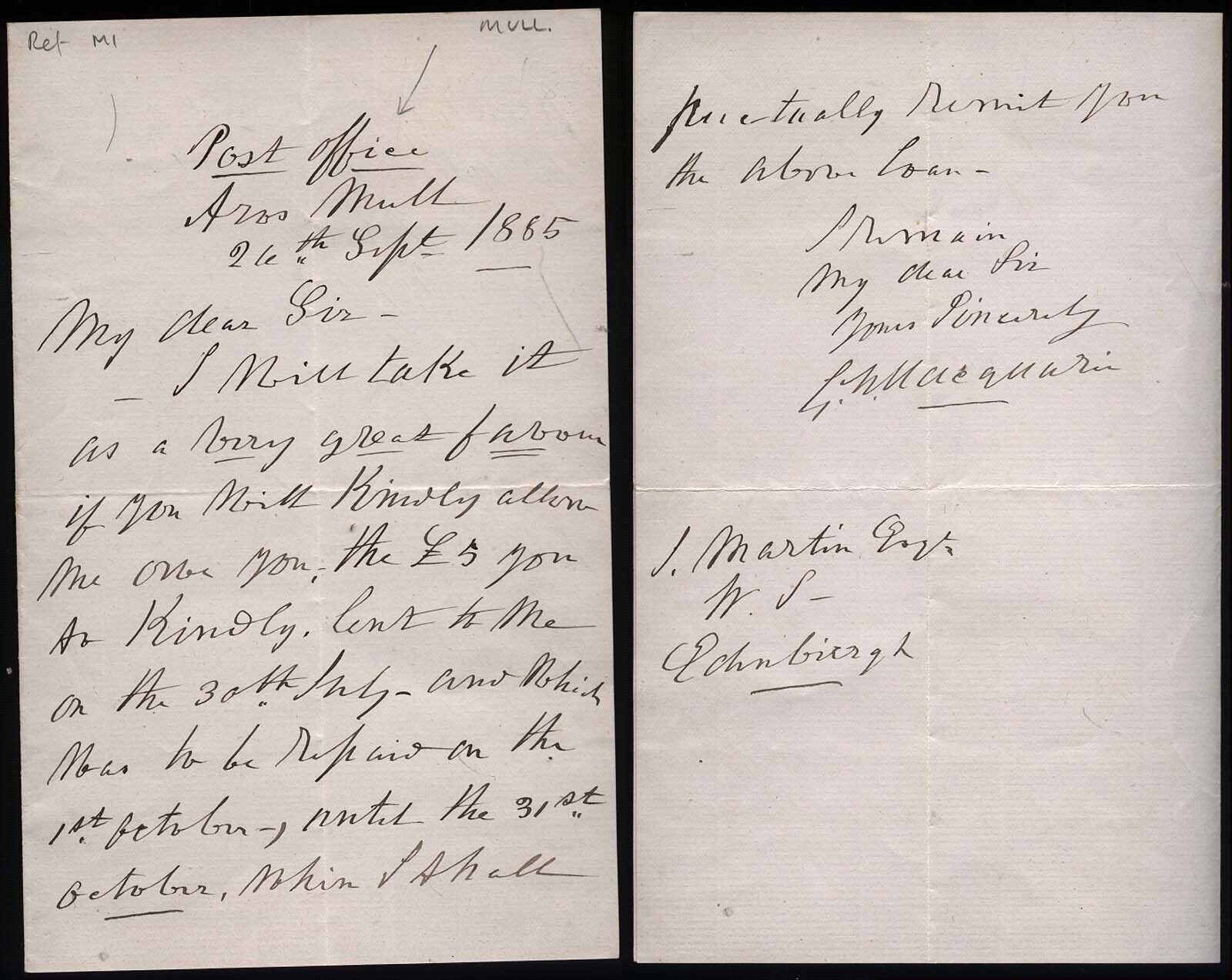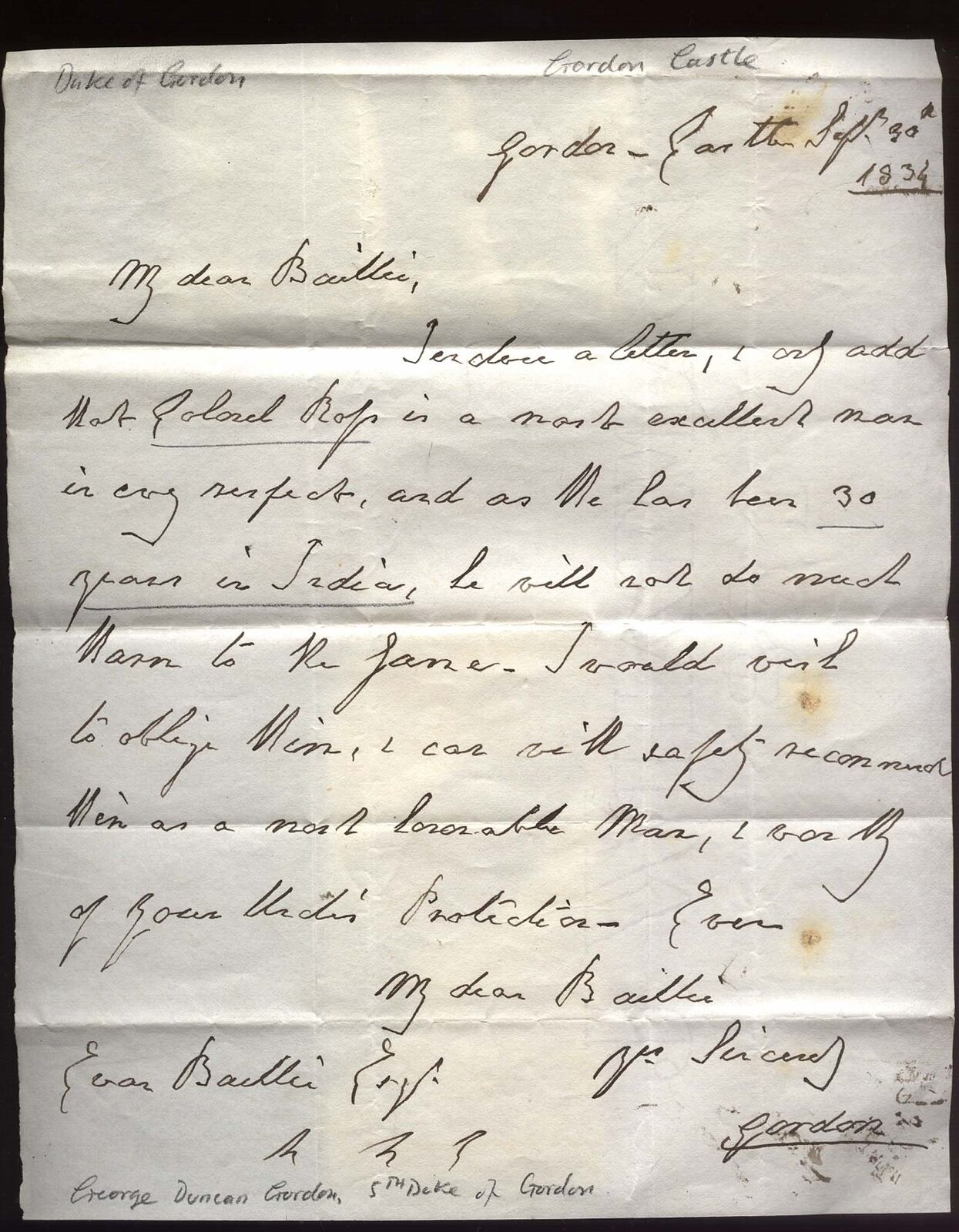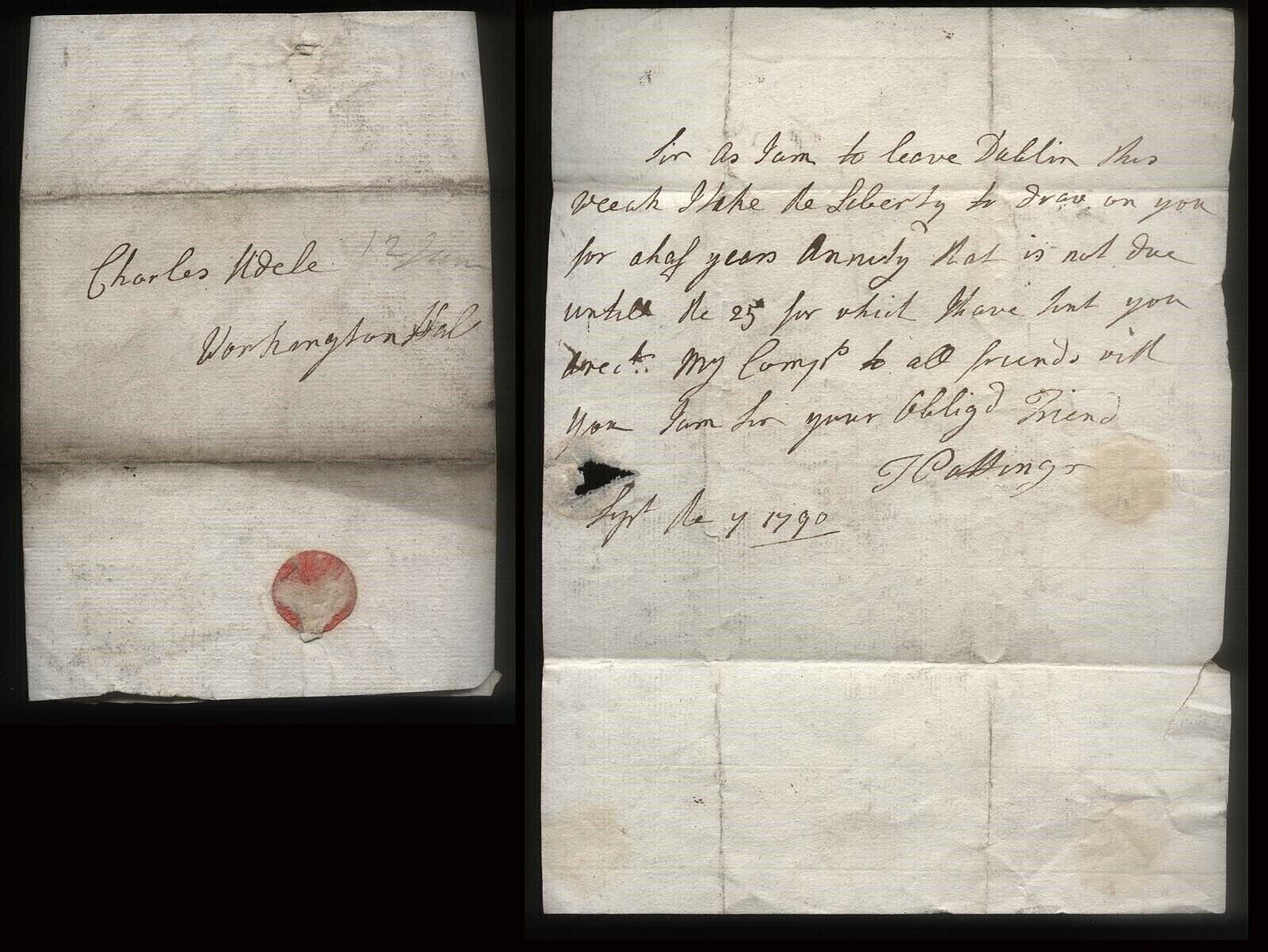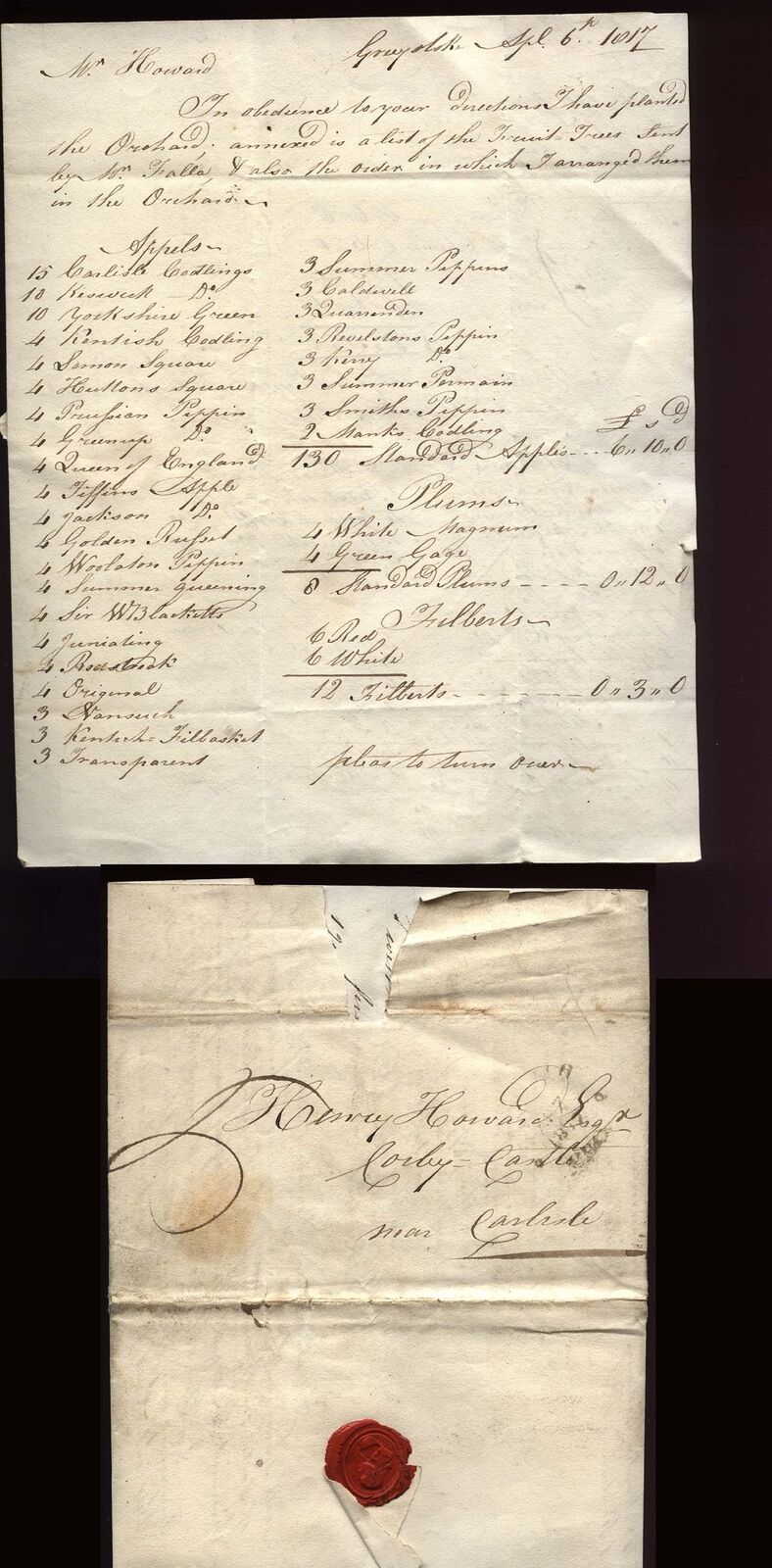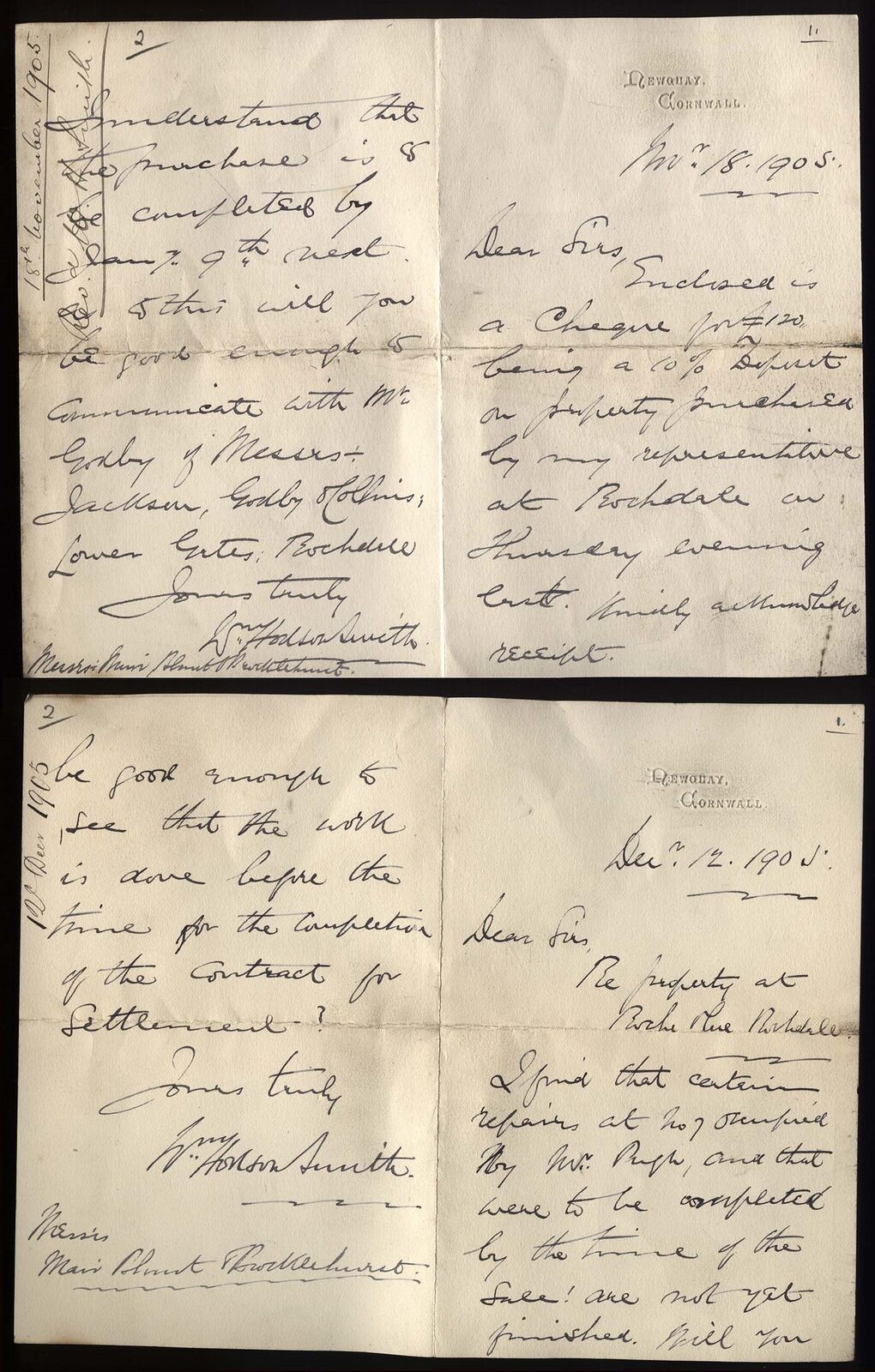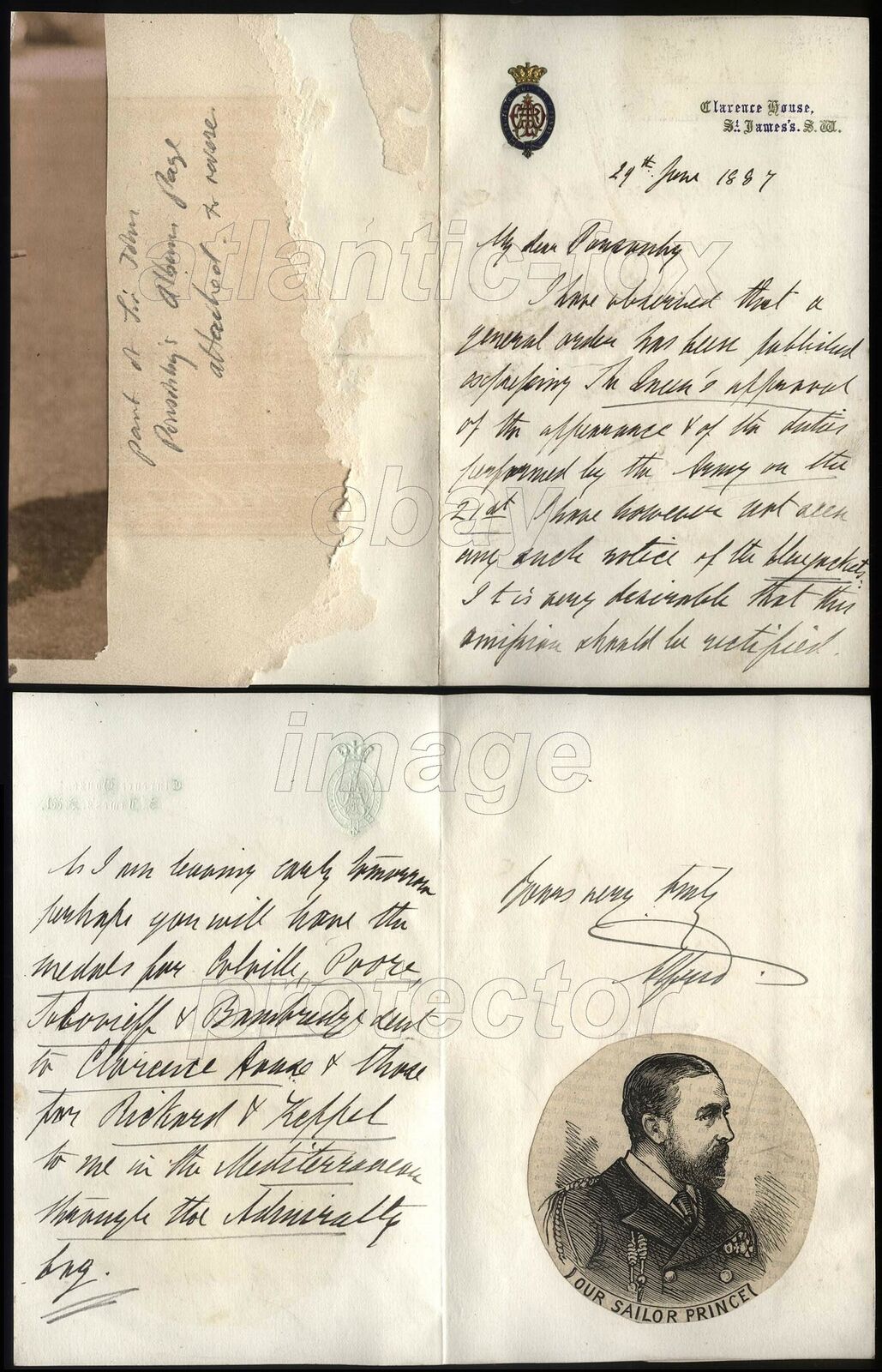-40%
1873 INDIA- GOVERNMENT HOUSE, Simla, Evelyn Baring, 1st Earl of Cromer To Dillon
$ 31.99
- Description
- Size Guide
Description
1873 INDIA- GOVERNMENT HOUSE, Simla, Evelyn Baring, 1st Earl of Cromer To DillonThis product data sheet is originally written in English.
1873 INDIA- GOVERNMENT HOUSE, Simla, Evelyn Baring, 1st Earl of Cromer While Secretary to Lord Northbrook, Viceroy of India, To General Sir Martin Dillon,
"Please fine the enclosed to Lord Napier. They are the process sheets of a discussion on the 'Break of Gauge' at the Institution of Civil Engineers which Lord Northbrook promised to read,
Yours very truly, E Baring."
The letter is refering to the problem of railways with different gauges. , a break of gauge occurs where a line of one gauge meets a line of a different gauge: specifically a different track gauge. Trains and rolling stock cannot run through without some form of conversion between gauges, leading to passengers having to change trains and freight getting transshipped. A break of gauge adds delays, inconvenience and costs.
Evelyn Baring, 1st Earl of Cromer, GCB, OM, GCMG, KCSI, CIE, PC, FRS (/'kro?m?r/; 26 February 1841 – 29 January 1917) was a British statesman, diplomat and colonial administrator
. He served as the British controller-general in Egypt during 1879, part of the international control which oversaw Egyptian finances after the Egyptian bankruptcy of 1876. He later became the agent and consul-general in Egypt from 1883 to 1907 during the British occupation, prompted by the Urabi revolt. This position gave Baring de facto control over Egyptian finances and governance.
Baring was the ninth son of Henry Baring and his second wife, Cecilia Anne (née Windham). The English branch of the Baring family descends from John (Johann) Baring, who emigrated from Germany in 1717.[2] John's son Sir Francis was the founder of Barings Bank. Henry was the third son of Sir Francis. When he died in 1848, seven-year old Evelyn was sent to boarding school. When he was 14, he entered the Royal Military Academy, graduating at 17 with a lieutenant's commission in the Royal Artillery. He was initially posted to a battery on the island of Corfu.[2] While on Corfu, Baring became aware of his own lack of education, and began a campaign of self-education, learning Greek and becoming fluent in Italian. He also took a mistress and fathered a daughter out of wedlock, Louisa Sophia.[2] In 1862, he accepted a position as aide-de-camp to Sir Henry Storks, High Commissioner of the Ionian Islands. This position ended in 1864, with the union of Corfu with Greece. Later in 1864, Storks was appointed the governor of Malta, again employing Baring as an aide-de-camp. The next year Baring accompanied Storks to Jamaica, where Storks headed the official inquiry into the Morant Bay rebellion. In 1868, Baring was selected to attend the Army's Staff College; he graduated in late 1869. He then worked for two years in the War Office, helping to implement post-Crimean War reforms.[2] Finding a military career not to his liking,
Baring went to India in 1872 as private secretary to his cousin Lord Northbrook, Viceroy of India, and quickly discovered that he had a knack for administration. With Northbrook's resignation in 1876, Baring returned to England.
He received the C.S.I., and was promoted to major. Baring married Ethel Errington in 1876 and the following year resigned from the army
:
Powered by SixBit's eCommerce Solution
1873 INDIA- GOVERNMENT HOUSE, Simla, Evelyn Baring, 1st Earl of Cromer While Secretary to Lord Northbrook, Viceroy of India, To General Sir Martin Dillon, "Please fine the enclosed to Lord Napier. They are the process sheets of a discussion on the 'Break of Gauge' at the Institution of Civil Engineers which Lord Northbrook promised to read, Yours very truly, E Baring." The letter is refering to the problem of railways with different gauges. , a break of gauge occurs where a line of one gauge meets a line of a different gauge: specifically a different track gauge. Trains and rolling stock cannot run through without some form of conversion between gauges, leading to passengers having to change trains and freight getting transshipped. A break of gauge adds delays, inconvenience and costs.E
Type
Historical
Related Interests
Railway Track Gauges
EAN
Does Not apply
Country
India
Related Interests 2
Lord Napier, Lord Northbrook
Estate or House name
Government House
Family Surname
baring
City/Town/Village/Place
Simla
Era
1871-1880
Addressed to
Sir Martin Dillon
Document Type
Manuscript Letter
Year of Issue
1873
Titled Families
later Lord Cromer


